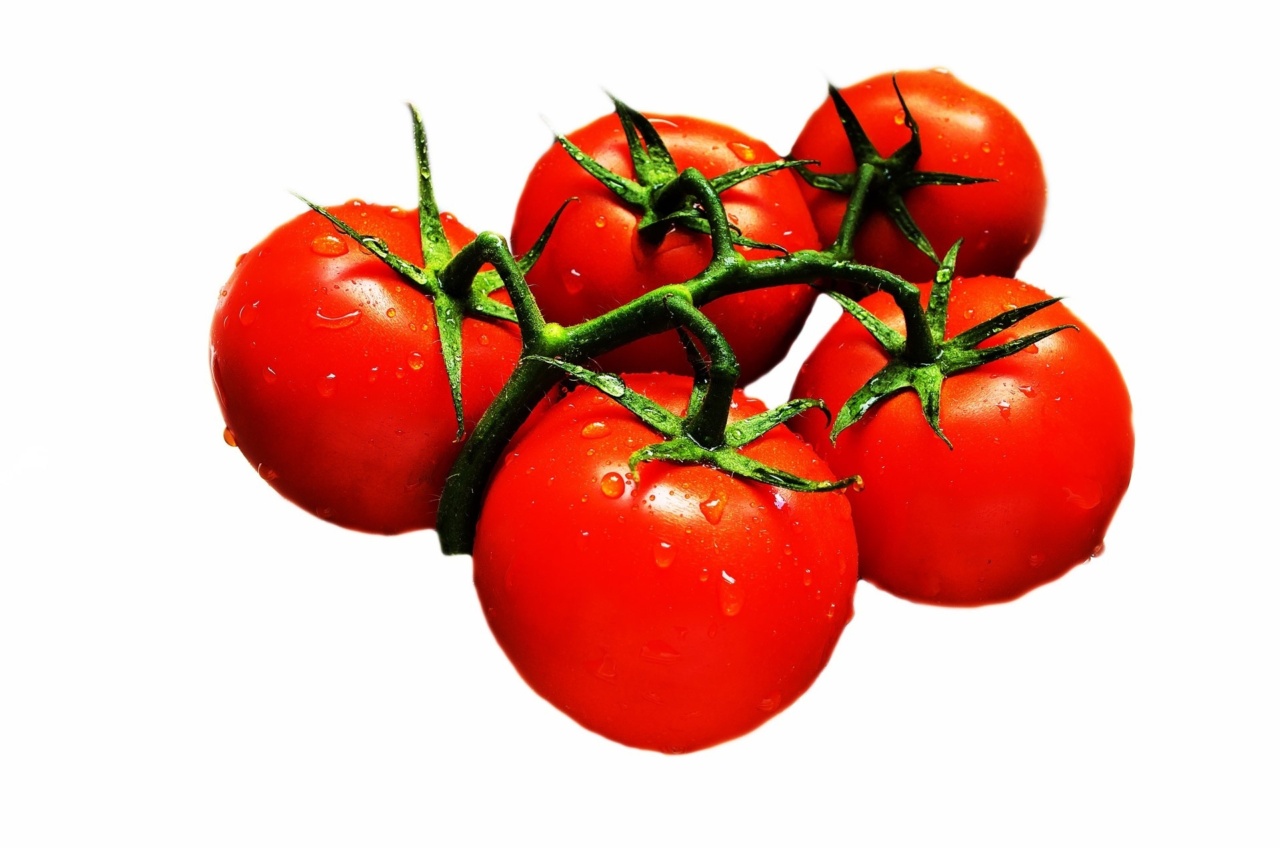Antioxidants have gained significant attention in recent years for their numerous health benefits.
These powerful compounds play a crucial role in protecting our bodies against the harmful effects of free radicals, which are unstable molecules that can cause oxidative stress and damage to cells. Including antioxidants in your diet is essential for supporting overall health, preventing chronic diseases, and promoting longevity. Let’s explore why antioxidants are so important and how you can incorporate them into your daily nutrition.
What Are Antioxidants?
Antioxidants are natural compounds that help neutralize free radicals and protect our cells from their damaging effects. They work by donating an electron to the free radical, thereby stabilizing it and preventing it from causing further harm.
Our bodies naturally produce some antioxidants, but we also obtain them through our diet.
The Role of Free Radicals and Oxidative Stress
Free radicals are byproducts of various metabolic processes in our bodies. They are also generated by external factors like pollution, radiation, and toxins from processed foods and cigarette smoke.
When free radicals outnumber the antioxidants in our system, oxidative stress occurs. This imbalance can lead to cell dysfunction, inflammation, and an increased risk of chronic diseases such as heart disease, cancer, liver damage, and neurodegenerative disorders.
The Benefits of Antioxidants
Including a variety of antioxidants in your diet can provide several health benefits:.
1. Protection Against Chronic Diseases
Antioxidants have been shown to reduce the risk of chronic diseases such as heart disease, stroke, and certain types of cancer.
They help neutralize free radicals and prevent oxidative stress, which is a common underlying factor in the development of these diseases.
2. Enhanced Immune Function
Antioxidants boost the immune system by protecting immune cells from oxidative damage caused by free radicals. A strong immune system can defend against infections and support overall well-being.
3. Slowed Aging Process
Oxidative stress accelerates the aging process, leading to wrinkles, age spots, and reduced skin elasticity. Antioxidants can combat this damage, supporting healthy skin and slowing down the visible signs of aging.
4. Reduced Inflammation
Chronic inflammation is linked to various health conditions, including arthritis, diabetes, and obesity. Antioxidants help lower inflammation levels by neutralizing free radicals and reducing cellular damage.
5. Protection for Heart Health
Antioxidants like vitamins C and E, selenium, and flavonoids have been associated with a lower risk of heart disease.
They help prevent the oxidation of LDL cholesterol, reduce inflammation in the blood vessels, and promote overall cardiovascular health.
Key Antioxidants to Include in Your Diet
There are various antioxidants, each with unique benefits. Here are some key antioxidants and their food sources:.
1. Vitamin C
Vitamin C is a potent antioxidant found in citrus fruits, strawberries, kiwi, bell peppers, and leafy greens. It helps boost immunity, supports collagen production, and aids in wound healing.
2. Vitamin E
Vitamin E protects cell membranes from oxidative damage and can be found in almonds, sunflower seeds, spinach, and avocados. It also helps maintain healthy skin and supports eye health.
3. Beta-carotene
Beta-carotene is converted into vitamin A in the body, which is crucial for vision, immune function, and healthy skin. Food sources include carrots, sweet potatoes, spinach, mangoes, and apricots.
4. Selenium
Selenium is a mineral that acts as an antioxidant, protecting cells from free radical damage. Good sources of selenium include Brazil nuts, seafood, whole grains, and legumes.
5. Flavonoids
Flavonoids are a diverse group of antioxidants found in fruits, vegetables, tea, and dark chocolate. They have anti-inflammatory properties and support heart health.
Incorporating Antioxidants Into Your Diet
Now that you understand the importance of antioxidants, here are some tips to help you incorporate them into your daily diet:.
1. Eat a Rainbow of Colors
Include a wide variety of colorful fruits and vegetables in your meals. Vibrant reds, oranges, yellows, greens, and purples indicate the presence of different antioxidants.
2. Go for Whole Foods
Choose whole, unprocessed foods whenever possible. Fresh fruits and vegetables, nuts, seeds, whole grains, and lean proteins offer a rich array of antioxidants and other essential nutrients.
3. Enjoy Green Tea
Green tea is a great source of antioxidants called catechins. Enjoy a cup or two each day to benefit from its potent antioxidant properties.
4. Add Herbs and Spices
Herbs and spices like turmeric, ginger, cinnamon, oregano, and rosemary are rich in antioxidants. Use them liberally in cooking to add flavor and boost your antioxidant intake.
5. Consider Supplements
If you struggle to meet your antioxidant needs through diet alone, consider taking supplements. However, it’s best to obtain nutrients from whole foods whenever possible.
Conclusion
A diet rich in antioxidants is crucial for overall health and well-being.
By incorporating a wide variety of antioxidants into your meals, you can protect your body against free radicals, reduce inflammation, slow down the aging process, and lower the risk of chronic diseases. Remember to focus on whole foods and vibrant fruits and vegetables to reap the maximum benefits of these powerful compounds.




























